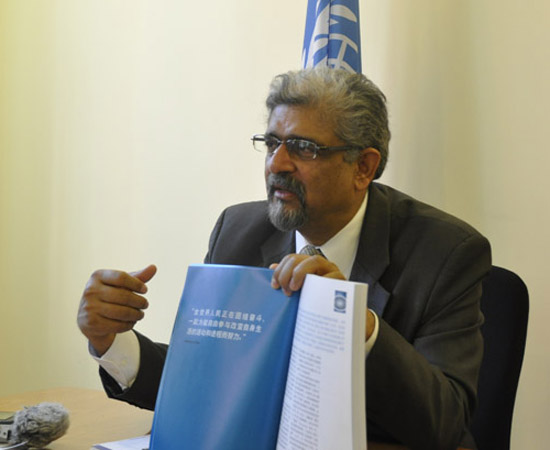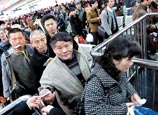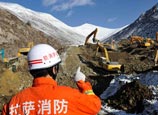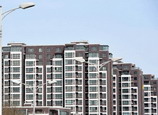
 |
| Khalid Malik, the director of Human Development Report Office (Photo by Gao Yinan/ PD Online) |
“To improve the quality of people's lives, we must first treat everyone equally no matter he lives in remote areas or in the city”, Khalid Malik, the director of Human Development Report Office said Thursday in an interview when talking about China’s urbanization. China's urbanization is a far more complex issue since economic growth does not automatically translate into a human development progress.
Unprecedented urbanization is taking place in China and will continue over decades. It is estimated by the United Nations that the rate of China's urbanization has increased 18 percent since 1978 to reach about 51 percent. According to China's official population statistics, by 2020, the urbanization rate is expected to exceed 60 percent.
China has lifted over 510 million people out of poverty since 1990, and has seen the proportion of the population living on less than $1.25 a day fall from 60.2 percent in 1990 to 13.1 percent in 2005. The country has achieved the Millennium Development Goal target of halving poverty relative to 1990 levels three years before the 2015 deadline.
It is shown in Human Development Report 2013 by UN Development Program (UNDP) that China's Human Development Index (HDI) represents a remarkable increase of 72 percent from 0.407 in 1980 although its ranking remains the same at 101 in 187 countries. HDI is a tool introduced by UNDP since 1990 to measure both social and economic development of countries.
Urbanization is an inevitable and indispensible part of economic growth. The Report suggests China’s education, healthcare and equity have been lagged far behind of its economic development. There is no denying that the overheating urbanization might bring crisis to China.
First, employment problem is pushed forward by the influx of people countryside to cities. Millions of young people are flocking into cities to pursue higher standard of living which intensifies the shortage of employment. The number of jobs a city can provide is limited; when an increasing amount of people are jobless, the stability of society is at stake.
Second, the blind expansion of cities has both damaged the environment and taken over agrarian land. Trees have been torn down and grasslands have been paved with cement. With the standard of living rising significantly in China, the number of people who own cars has been soaring dramatically. In some cities like Beijing and Shanghai, emission made the sky looks grey; moreover, traffic congesting is a common phenomenon because of the skyrocketing number of cars in the city.
Third, the infrastructure construction does not match the growth of population. Health care and social security are not fully covering migrant workers who are making a living in cities. Due to the shortage of good universities, every student in high school has to strive to outperform others in the college entrance examination. Urbanization does not simply mean the increase in the population of city; it is far more complex.
 |
















 Gangs smuggling case involving refined oil seized in China's Zhejiang
Gangs smuggling case involving refined oil seized in China's Zhejiang


![]()
